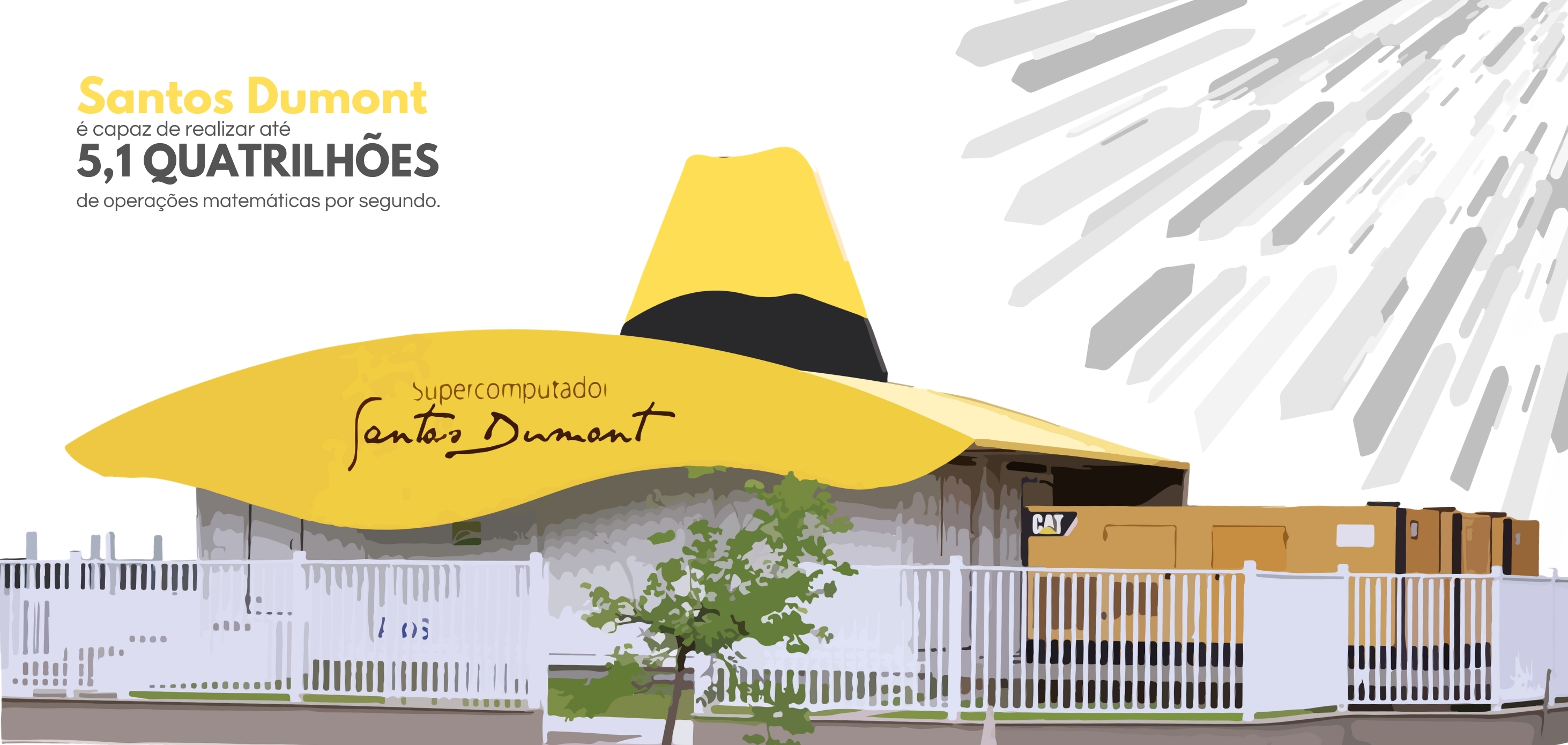New Grant Funded on Viral Recombination Detection
New Grant Funded on Viral Recombination Detection

We are excited to share that our project, “ARISE in HPC: Artificial Intelligence for Recombination Identification and Surveillance in Epidemiology in a CAD Environment,” has been officially approved for funding under the CNPq/MCTI/FNDCT No. 22/2024 - Programa Conhecimento Brasil.
This project focuses on combating viral infectious diseases like Zika, Dengue, and Yellow Fever, which pose serious public health challenges worldwide. These viruses evolve rapidly, sometimes exchanging genetic material through a process called viral recombination. This can lead to new, unpredictable variants that may evade existing diagnostics, vaccines, and treatments.
To detect and track these emerging threats, researchers use genomic data. However, current tools struggle to efficiently analyze the vast amounts of information generated by modern sequencing technologies. This project leverages Artificial Intelligence (AI) and High-Performance Computing (HPC) to enhance viral recombination detection. By integrating machine learning models, such as neural networks and decision trees, with supercomputing resources, the project aims to process large-scale viral datasets more efficiently.
Using Brazil’s Santos Dumont supercomputer, the research team will optimize computational resources to improve speed and energy efficiency in viral genome analysis. The findings will contribute to faster outbreak response, better epidemiological strategies, and the development of new drugs, vaccines, and diagnostic tools. This project strengthens Brazil’s ability to track and control emerging infectious diseases, ultimately improving global public health preparedness.
The grant totals R$ 219,591.00 (R$ 100,000.00 for capital and R$ 119,591.00 for operational costs) and will support international collaboration, including researcher mobility, technical visits, and conference participation. The project will be executed in partnership with the National Laboratory for Scientific Computing (LNCC, Brazil), from December 27, 2024, to December 31, 2026.
Previous post
A Journey to Discovery in the Amazon’s Sky Islands
Next post
New tapeworm species named after the PI
